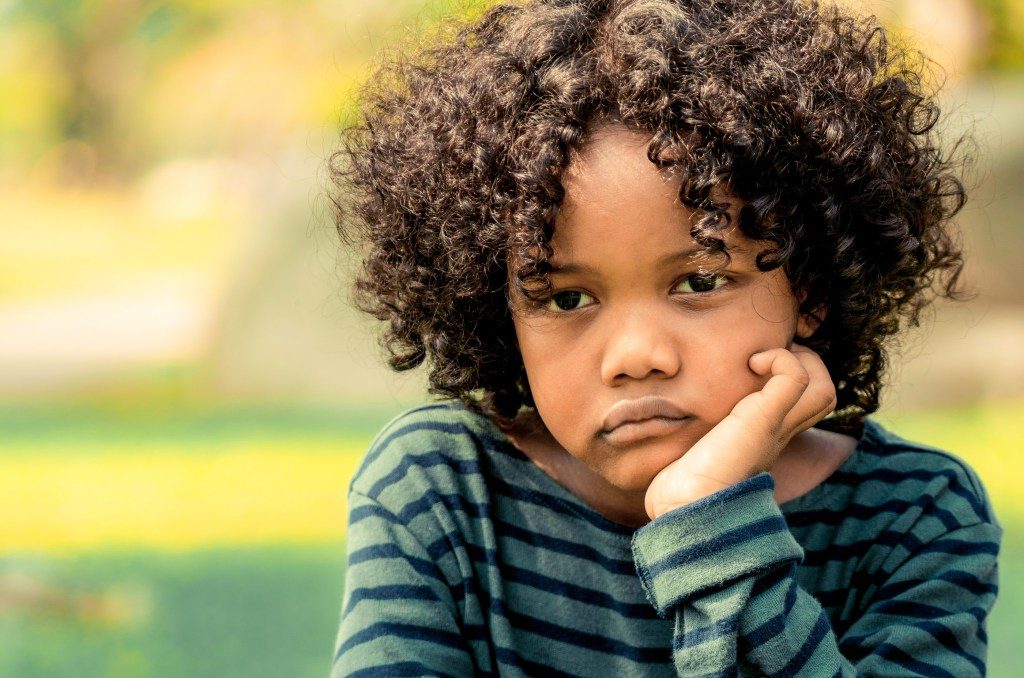
Children’s Problems
Children’s mental health is just as important as their physical health. While most children cope well with life’s difficulties, sometimes parents may notice their child’s behavior is unusual or different from other children the same age, it is a sign that your child needs help and support.
Children are usually developing well when they enjoy:
- being with others in the family
- being with friends and other children of their own age
- play and leisure activities.
Everyone feels sad, angry, and afraid or upset especially when things go wrong for them. Not everyone will respond to the same event in the same way. Some children cope better than others with stress or things that upset or frighten them. The support and understanding they receive from people around them are important in helping children cope with problems.
Children can have problems with feelings and behavior at different times in their lives. These problems happen more often than most people might think and can become worse over time if the child does not get any help. Some signs a child is having difficulties can be:
Behavior
Behavior problems are usually easy to see. They can include ongoing:
- aggression or bullying
- refusal to do what they are asked
- hyperactivity or difficulty paying attention to what they are doing
- being inhibited, withdrawn
- being easily upset or fearful.
Feelings
Problems with feelings are not as easy to see as problems with behavior. They can include ongoing:
- sadness, worry or depression
- fear of particular things such as spiders or burglars
- excessive worry about body shape, weight or how they look
- feelings of worthlessness, shame or guilt
- poor control of emotions.
Strong feelings may overwhelm younger children when upset, angry or frustrated and they may struggle to control their feelings. While ‘tantrums’ are normal for younger children it may be of concern if they happen often or for extended periods.
Relationships
Some children have problems making friends or playing with other children. They may also have trouble relating to parents or other adults. Some signs a child is struggling with relationships include:
- being aggressive and arguing
- having trouble communicating
- being shy
- being over-talkative.

There are many things that can be involved when children have problems with behavior, feelings or relationships. They can be related to the child or the whole family and can include:
- family history of mental health problems
- serious illness, disability or injury
- problems with friends, social isolation or not fitting in
- bullying or discrimination
- problems with schoolwork or learning
- thinking patterns such as perfectionism or ‘black and white’ thinking
- lack of trusting relationships with parents
- separation from parents, family break-up or divorce
- death or loss of someone close
- emotional, physical or sexual abuse
- changing homes, schools, towns or country
- unemployment, homelessness or financial problems.
The more stress some children have to deal with, the more likely they are to develop problems. While we cannot always prevent ‘bad’ things from happening in a child’s life, it is important to minimize stress and help children develop ways of coping.
